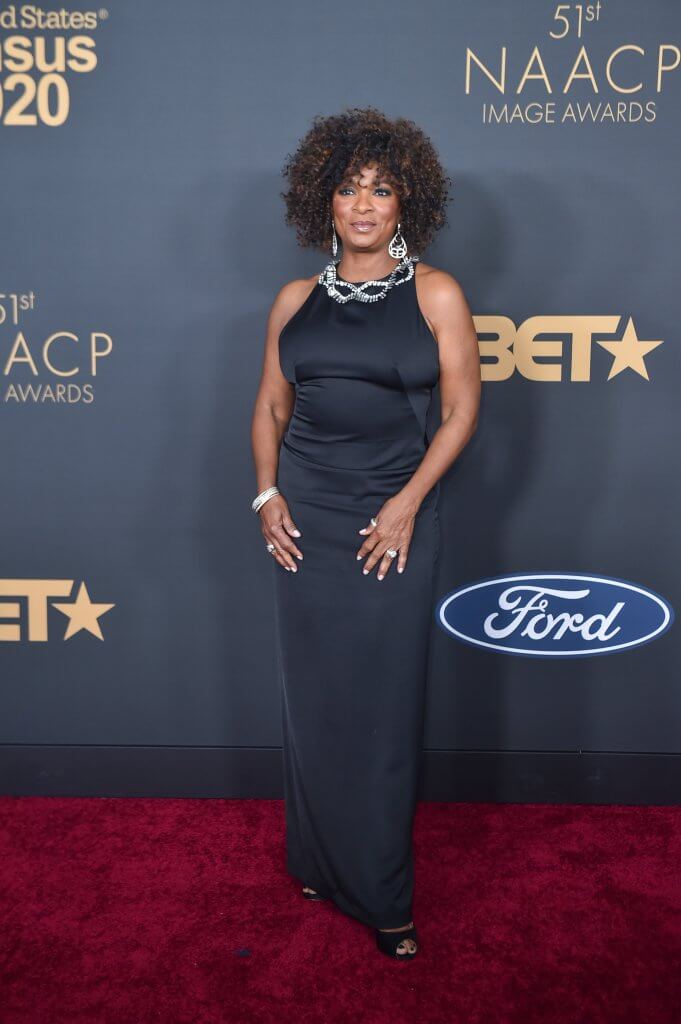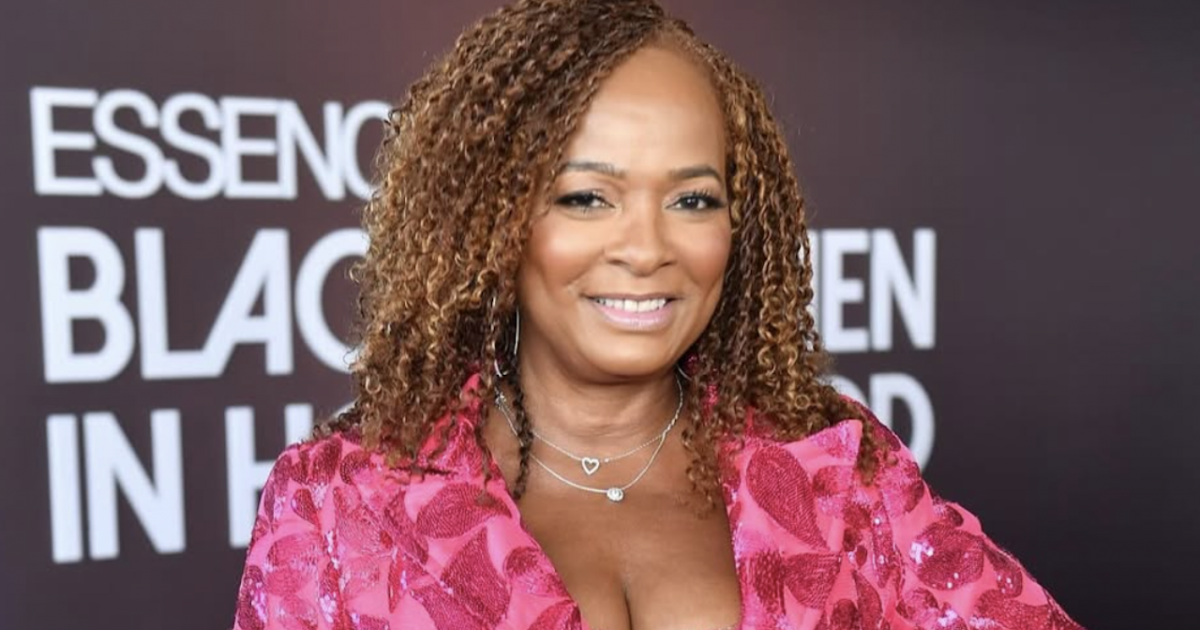Treating Early-Stage Breast Cancer
- Actress Vanessa Bell Calloway marks 16 years cancer-free this Breast Cancer Awareness Month, crediting a gut instinct — not symptoms — for prompting the checkup that led to her diagnosis.
- Diagnosed with stage zero breast cancer in 2009, Calloway underwent multiple surgeries, including a mastectomy and reconstruction, after initial treatments failed to remove all cancerous cells.
- Stage zero breast cancer or ductal carcinoma in situ are abnormal cells that line the ducts in the breast. This type of cancer is non-invasive and is highly treatable if caught in its early stages.
- Early-stage breast cancer is characterized by a small tumor confined to the breast, with no signs of spread to the lymph nodes, making it highly treatable.
- Treatment at this stage often involves surgical removal of the cancer, possibly followed by radiation therapy. Surgery options typically include a lumpectomy, which removes the tumor and surrounding tissue while preserving most of the breast, or a mastectomy, which involves full breast removal.
- A mastectomy is the removal of the entire breast during surgery. There are several factors to weigh when considering a mastectomy, such as whether breast-conserving surgery (or lumpectomy) is possible. Your doctor will evaluate the size and features of your tumor and your family history to make a recommendation.
In 2009, Calloway awoke from sleep with what she described as a strange urge to get checked, despite having no signs of breast cancer.

A follow-up biopsy confirmed stage zero breast cancer — ductal carcinoma in situ — a non-invasive form of the disease that begins in the breast ducts and is highly treatable when caught early.

Calloway, known for her iconic role as Princess Imani Izzi in “Coming to America” opposite actor Eddie Murphy, as well as performances in “What’s Love Got to Do With It” and “Lakeview Terrace,” faced her diagnosis with resolve.
“After my doctor and I determined I’d undergo a lumpectomy instead of a mastectomy, which he initially recommended,” she explained, “within weeks I underwent the procedure,” she said.
But her journey didn’t end there. The results from her first surgery were concerning.
“He was not pleased with the margins and suggested another. But I wasn’t alarmed,” she said. A second lumpectomy on her other breast followed — and again, the results were “not good.”
WATCH: Should I Have a Lumpectomy or Mastectomy?
Calloway received the news while shopping for hair supplies. Her doctor told her she needed a mastectomy. “I was hysterical. I was crying in the back of the store,” she said. “I wanted to throw things.”
She shared the news with her family. Her husband offered steady support, but her children responded in different ways.
“While my 19-year-old cried and comforted me, my 15-year-old reacted differently. She didn’t weep. She didn’t hug me. She couldn’t touch me or look at me. She stayed away from me. I later found out she was just terrified.”
Calloway underwent a mastectomy followed by breast reconstruction — a decision that, for many women, carries deep emotional weight. Though the surgery may only take hours, the psychological adjustment can linger for months or even years.
WATCH: Regaining your sense of self after reconstruction.
Just three months later, Calloway returned to the screen, appearing alongside Jada Pinkett Smith in TNT’s “Hawthorne.”
“It was such a blessing because I still needed to wear my healing undergarments, and my character wore scrubs and flat shoes. It was perfect. No one knew what I had gone through until after I was cured,” Calloway said.
Sixteen years later, Calloway’s story reminds us that the human body can sometimes whisper before it shouts.
Helping Patients Cope with Early-Stage Breast Cancer
- Introduction to Early-Stage Breast Cancer
- Updated Guidelines on Biomarkers for Early-Stage Breast Cancer
- Hope For Some Early-Stage Breast Cancer Patients: Verzenio
- More Than 80% of Women With Early-Stage Triple-Negative Breast Cancer Experienced a Prolonged Event-Free Survival With Keytruda Plus Chemotherapy Regimen
Understanding Fishel’s Early-Stage Breast Cancer Diagnosis
Stage zero breast cancer or ductal carcinoma in situ are abnormal cells that line the ducts in the breast. A normal breast comprises many ducts carrying milk to the nipple in a lactating woman. This type of breast cancer is not invasive, meaning it has not spread outside the milk duct and can’t invade other parts of the breast.
Some oncologists approach stage zero breast cancer with a watch-and-wait approach, meaning no invasive procedure happens immediately. Other oncologists may opt to perform surgery followed by possible radiation.
WATCH: I Have Stage Zero Breast Cancer: What Should I Do?
SurvivorNet experts say if DCIS is left untreated, it may develop into more advanced breast cancer.
What to Expect from a Mastectomy
When you’re faced with possibly getting a mastectomy, many factors go into the decision-making process, such as the size and features of the tumor and your family history. Some patients may opt for a lumpectomy instead, which is when doctors remove just the cancer and an area of healthy tissue around it rather than the entire breast or breasts.
Some women decide to have their breasts reconstructed after undergoing a mastectomy and have implants put in right away, while others don’t have reconstruction at all.
Dr. Port added that most women opt to have some sort of reconstruction. The length of these surgeries can vary greatly. When implants are used, the procedure can take two to three hours (so the total surgery time would be around five hours). There is also the option to take one’s own tissue (usually from the belly area) and transfer it into the breast area during reconstruction.
WATCH: Regaining your sense of self after reconstruction.
Coping With Your New Body After Cancer Treatment
Munn shared that she is coping with changes to her physical appearance now. Cancer survivors often struggle with the changes others can see, whether temporary of permanent, like hair loss and weight gain. However, survivors also struggle with changes that may not be as obvious — such as infertility — and these can create body image issues and make survivors feel vulnerable.
One way to prepare yourself for possible body changes during cancer treatment is to understand that changes are possible but also, frequently temporary. This can also help build up your self-confidence. Your support group, filled with loved ones, can help you during this stage of your journey as well.
Helping Patients Cope with Early-Stage Breast Cancer
- Introduction to Early-Stage Breast Cancer
- Updated Guidelines on Biomarkers for Early-Stage Breast Cancer
- Hope For Some Early-Stage Breast Cancer Patients: Verzenio
- More Than 80% of Women With Early-Stage Triple-Negative Breast Cancer Experienced a Prolonged Event-Free Survival With Keytruda Plus Chemotherapy Regimen
Psychologist Dr. Marianna Strongin shares with SurvivorNet some additional tips cancer warriors can explore to help manage the emotional toll body changes can have during treatment.
Dr. Strongin encourages survivors to take ownership of the part (or parts) of their body impacted mainly by cancer treatment. She says although they may represent “fear and pain,” they also represent “strength and courage.”
“Research has found that when looking in the mirror, we are more likely to focus on the parts of our body we are dissatisfied with, which causes us to have a negative self-view and lower self-esteem. Therefore, I would like you first to spend time gazing at the parts of your body you love, give them time, honor them, and then thank them,” Dr. Strongin said.
Dr. Strongin then suggests looking at the part or parts of your body impacted by the cancer or cancer treatment. She recommends creating a regular practice of accepting your body image because it helps you accept your cancer journey emotionally and physically.
“As you allow yourself to spend more time looking at all of you, you will begin having a new relationship with your body. It may not happen immediately, but with time, you can begin honoring and thanking your new body,” Dr. Strongin added.
Questions to Ask Your Doctor
If you’re facing the option of having a mastectomy, here are some questions to consider asking your doctor:
- What can I do to prepare for a double mastectomy?
- What happens before and after the procedure?
- For reconstruction, what are the benefits of using implants over my own tissue and vice versa?
- What should I know about implants?
- What will recovery look like after the procedure?
Learn more about SurvivorNet's rigorous medical review process.


